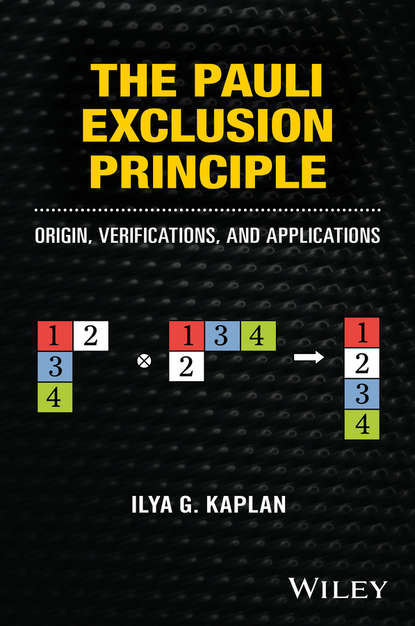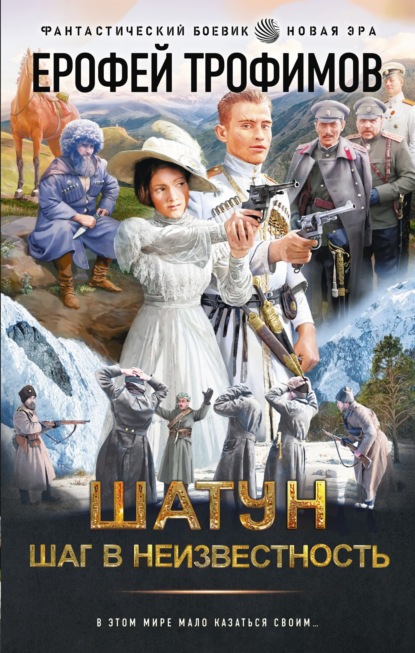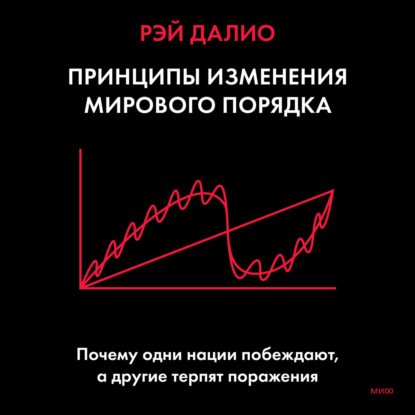Ilya G. Kaplan - Intermolecular Interactions

The subject of this book – intermolecular interactions – is as important in physics as in chemistry and molecular biology. Intermolecular interactions are responsible for the existence of liquids and solids in nature. They determine the physical and chemical properties of gases, liquids, and crystals, the stability of chemical complexes and biological compounds. In the first two chapters of this book, the detailed qualitative description of different types of intermolecular forces at large, intermediate and short-range distances is presented. For the first time in the monographic literature, the temperature dependence of the dispersion forces is discussed, and it is shown that at finite temperatures the famous Casimir-Polder asymptotic formula is correct only at narrow distance range. The author has aimed to make the presentation understandable to a broad scope of readers without oversimplification. In Chapter 3, the methods of quantitative calculation of the intermolecular interactions are discussed and modern achievements are presented. This chapter should be helpful for scientists performing computer calculations of many-electron systems. The last two chapters are devoted to the many-body effects and model potentials. More than 50 model potentials exploited for processing experimental data and computer simulation in different fields of physics, chemistry and molecular biology are represented. The widely used global optimisation methods: simulated annealing, diffusion equation method, basin-hopping algorithm, and genetic algorithm are described in detail. Significant efforts have been made to present the book in a self-sufficient way for readers. All the necessary mathematical apparatus, including vector and tensor calculus and the elements of the group theory, as well as the main methods used for quantal calculation of many-electron systems are presented in the appendices.







